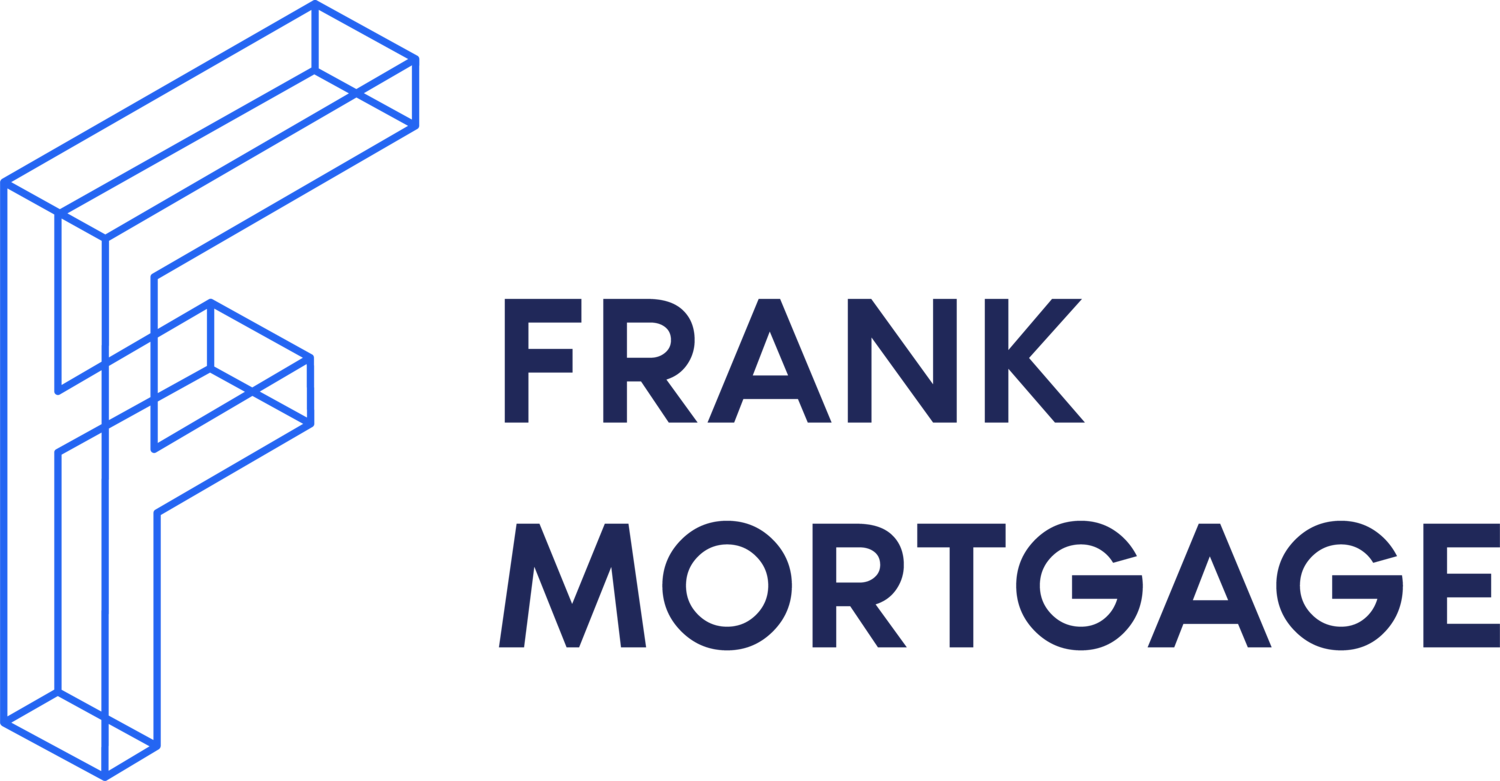House Hacking: Making Homeownership More Affordable in Canada
Are there ways to make owning a home in Canada more affordable? The high cost of housing means that many Canadians are unable to make the numbers work. Finding help with financing a down payment is one common strategy used by mortgage borrowers today to qualify for the financing they need. One other way to make home ownership more affordable is a strategy called ‘house hacking.
What is House Hacking?
House hacking is a strategy where a homeowner rents part of their primary residence to generate income. The goal of house hacking is to reduce the cost of your home ownership while you build equity. The rental income can reduce overall living expenses, making homeownership more affordable. This strategy has gained popularity in Canada as real estate prices rose, especially in urban areas. Factoring in the income from tenants, homeowners can offset mortgage payments, property taxes, and other related costs.
Types of Properties Best Suited for House Hacking
Simply renting out an empty bedroom in your house can work but is not ideal. There are certain types of properties that are more conducive to this strategy:
Multi-Family Homes: Duplexes, triplexes, and fourplexes are ideal because they come with multiple units. The owner lives in one unit and the rest can be rented out separately.
Homes with a Basement Suite: A single-family home with a legal basement apartment can provide an opportunity to earn significant rental income.
Homes with Additional Units: Properties with garage apartments, carriage houses, guest houses, or in-law suites offer additional income-producing rental spaces.
Pros and Cons of House Hacking
Pros of House Hacking
Income Generation: passive income earned from your property.
Reduced Housing Costs: rental income can help you pay your mortgage payments and other housing expenses.
Building Equity: accelerate paying down your mortgage and build equity faster with the additional income.
Tax Benefits: potential tax deductions for rental property expenses.
Learning Property Management: gain experience in managing rental properties and tenants, which can be valuable if you plan to invest in real estate.
Increased Property Value: improvements made to accommodate tenants can increase the overall value of your property.
Cons of House Hacking
Privacy Concerns: sharing your home with tenants will impact your personal privacy.
Management Responsibilities: being a landlord comes with responsibilities, including maintenance, repair, leasing contract negotiations, tenant management and financial/tax management.
Regulations and Zoning Laws: any complexities with compliance with local rental regulations and zoning laws needs to be understood.
Initial Investment: preparing a unit for rental may require costly renovations.
Exposure to Market: rental income can fluctuate with the market based on the rental market rates and tenant availability.
Taxes: you have to pay taxes on your net rental income and the portion of the home rented out would not be subject to the principal residence capital gains tax exemption if you sell.
Mortgage Financing for a House Hacked Home
When it comes to financing a house-hacked property, Canadian homeowners have several options. First, you need to do your homework upfront to understand how a lender will treat the rental income and how much home you can afford. Talk to an experienced mortgage broker for the best advice on how this works. House hacking is not ideal for a small condo or home so you may need to purchase a larger, more expensive detached home to make it work.
If the house costs more than $1 million you cannot get a CMHC insured mortgage. This means you will need a 20% down payment to get the mortgage. You could get a longer amortization period of up to 35 years to help reduce the monthly payment, but the interest rate will be higher than a CMHC-insured mortgage interest rate.
If the mortgage is less than $1 million then you can qualify for an insured mortgage. Since it is your primary residence, you can get the best insured mortgage rates and will only need a down payment of between 5% and 10%, depending on the size of the mortgage and how many units are on the property. The maximum amortization for a CMHC-insured mortgage is 25 years.
Will House Hacking Add to the Costs of Homeownership?
There are a number of potential costs to consider:
Renovations to prepare the rental unit for tenancy.
Maintenance and utility costs can increase due to the tenancy.
Insurance premiums can be higher for rental properties.
How House Hacking Makes Homeownership More Affordable
Let's look at an example of how house hacking can make homeownership more affordable.
The data for this scenario is as follows:
| Property Purchase Price | $500,000 |
| Down Payment (5%) | $25,000 |
| Mortgage Amount | $475,000 |
| Mortgage Rate | 5.0% |
| Monthly Mortgage Payment | $2,760 |
| Monthly Rental Income (basement unit) | $1,500 |
Monthly Breakdown
| Mortgage Payment | $2,760 |
| Property Taxes | $400 |
| Insurance | $140 |
| Total Monthly Expenses | $3,300 |
| Rental Income | $1,500 |
| Net Monthly Cost | $1,800 |
By house hacking, the homeowner reduces their monthly housing cost from $3,300 to $1,800, a savings of $1,500 per month. Over a year, this amounts to $18,000 in savings, significantly easing the financial burden of homeownership.
Conclusion
House hacking is an innovative strategy that can make homeownership more accessible and affordable in Canada. By renting out a portion of your home, you can generate additional income, reduce your monthly expenses, and accelerate your path to financial independence. It introduces some challenges and potential risks, but the benefits of house hacking often outweigh the drawbacks. Those willing to take on the responsibilities of being a landlord should consider it as an option if they are struggling with affordability when looking to buy a new home.
Frank Mortgage is an experienced mortgage broker able to help you explore all the opportunities to make home ownership affordable. Call us at 1-888-850-1337 or find us online at www.frankmortgage.com.

Don Scott
Don Scott is the founder of a challenger mortgage brokerage that is focused on improving access to mortgages. We can eliminate traditional biases and market restrictions through the use of technology to deliver a mortgage experience focused on the customer. Frankly, getting a mortgage doesn't have to be stressful.
Connect with Don on LinkedIn!
